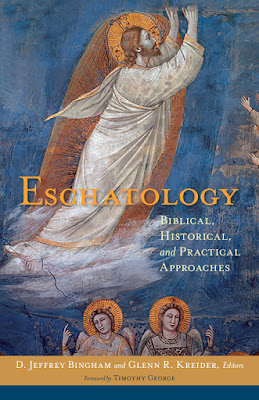Book Review: Discovering
the Septuagint: A Guided Reader edited by Karen H. Jobes
As far as
Hebrew Bible is concerned (the Christian “Old Testament”) Karen H. Jobes is a
big player and a respected scholar. The book is designed to help students read
the Greek of the Septuagint or LXX, that is, the translation of the Hebrew
Bible into Greek done about three centuries before the time of Christ. However,
anyone interested in learning Biblical Greek should look for help elsewhere;
this material is for someone with a good year of Koiné Greek under their belt
and interested in progressing in their reading skills.
The student
will find help with the wider Greek vocabulary of the Septuagint (as compared
to the more limited vocabulary of the New Testament). There will also be help
with the peculiar Hebrew-influenced syntax of the LXX Greek, as it will be
challenging for the person used to the Greek constructions in the New Testament.
There are
chapters with readings from Genesis, Exodus (the Ten Commandments!), Ruth, some
Psalms, Hosea, Jonah, Malachi, and my favorite, Isaiah, including, of course,
Isaiah 53, the most famous Messianic chapter in the Hebrew Bible.
The notes
explicate terms, syntax, and contextual issues; there are also notes on textual
issues both in the Hebrew Bible, the Septuagint manuscripts, and even the Dead
Sea Scrolls. I think I would have liked more detailed notes on exegetical issues
(or maybe I’ve just been spoiled by Daniel Wallace’s intermediate Greek syntax).
Jobe’s book also has a brief Glossary of Technical Terms.
4/5 stars
Disclosure: The book was
received for free from Kregel Academic & Ministry book review program. The
program does not require a positive review, only a truthful one.



